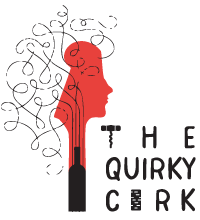Cab Franc Day Turkish Style
I used to feel rather agnostic about Cabernet Franc. Wines left me with a feeling of “meh.” Over the last few years grape has grown in popularity in Turkey. With increased popularity has also come increased quality. Now I hunt down all the variety Cabernet Franc wines I can find. So in honor of #CabFrancDay I thought I'd dig out notes on a few recent finds. Cabernet Franc can be found in vineyards across Turkey. However, it is especially prevalent in Thrace, Central Anatolia, and various areas of the Aegean. So today for #CabFranc day we're looking at a couple wines from each of these regions. Pamukkale Anfora Cabernet Franc
Read More













